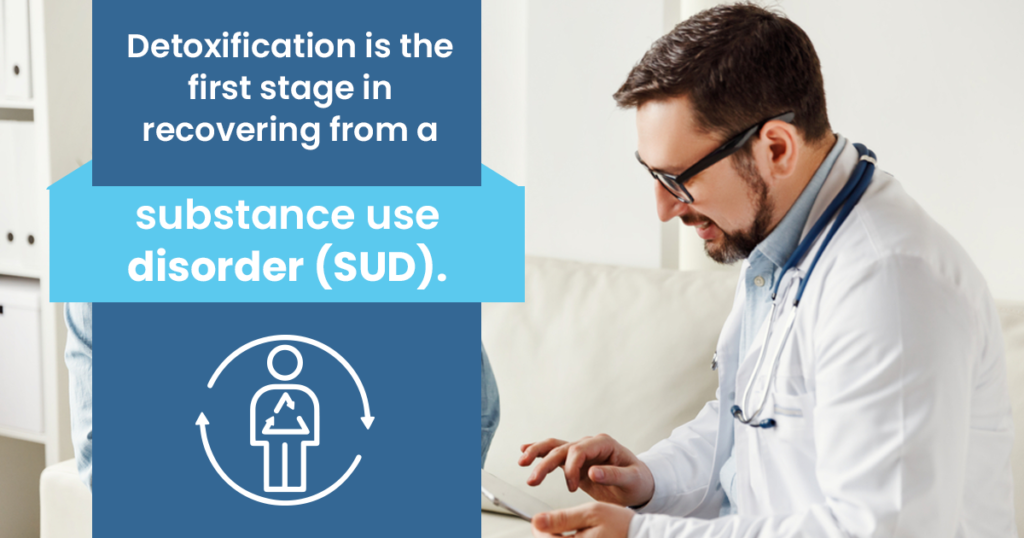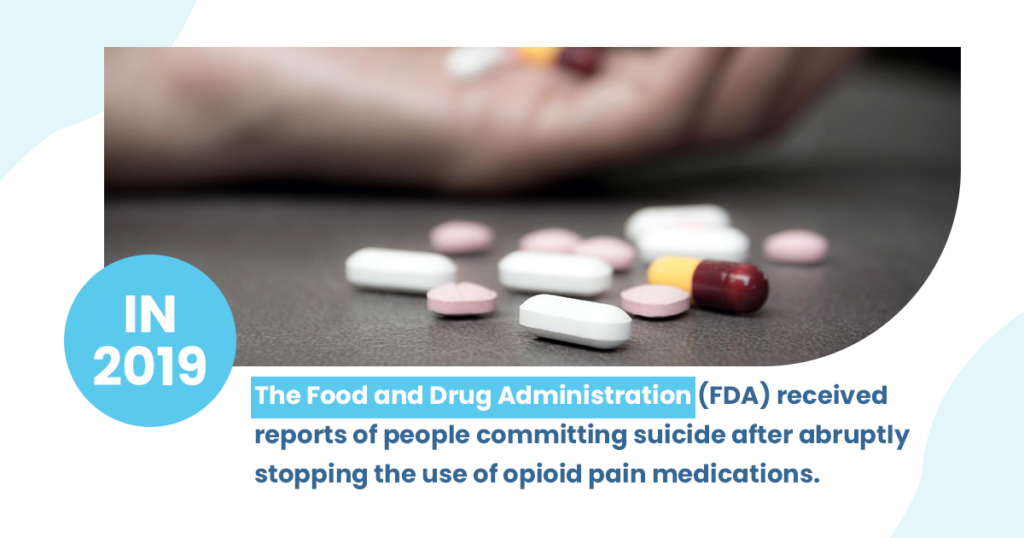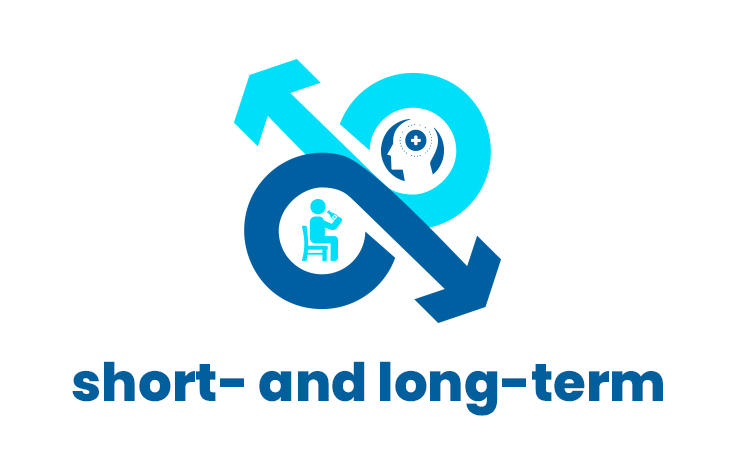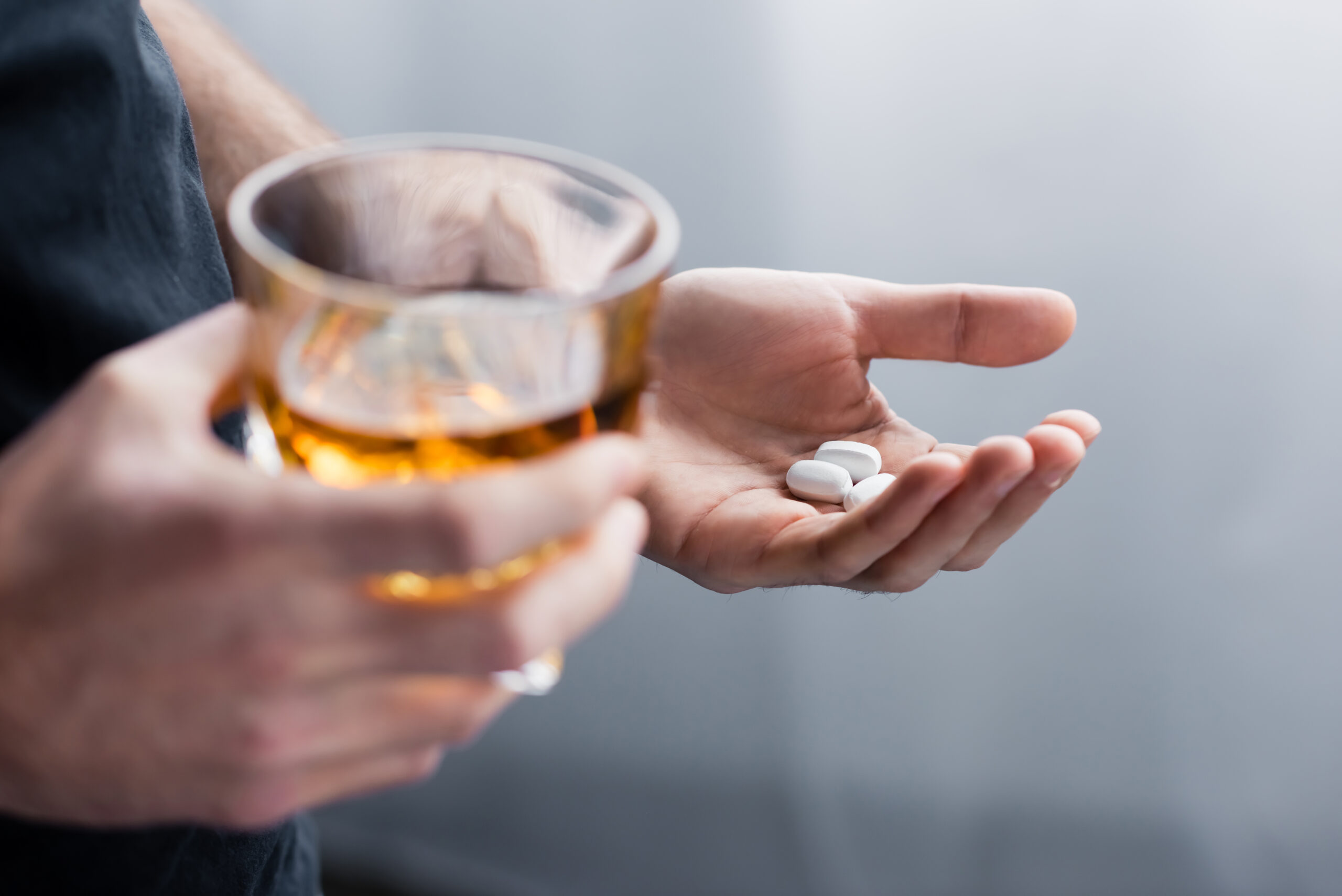
Detoxification is the first stage in recovering from a substance use disorder (SUD). The withdrawal symptoms of detox range in intensity from mildly uncomfortable to severe and life-threatening, regardless of whether a person struggles with alcohol or drug usage. Going through detox in a secure and supportive environment is crucial for the best results.
Given the risks of undergoing drug or alcohol detox at home, it is safest and most efficient to do it at a medical facility. At-home detox may seem a secure and comfortable option for starting a life in recovery, but it can be dangerous and unpredictable. Addiction is a physical dependence on addictive substances, and quitting cold turkey can have severe and fatal effects on physical and mental health.
What Is Drug Or Alcohol Detox?
Detox is the initial period after the cessation of drug or alcohol use by a person with a substance use disorder. The detox process varies in terms of symptoms and duration based on various medical criteria, such as the period of substance usage and the substance type.
.
For example, alcohol is a depressant. If you drink daily for many years, your body will develop a tolerance to it. When alcohol levels fall, the body is unable to adjust quickly enough, and the nervous system remains on high alert. The spectrum of medical complications and detoxification symptoms ranges from mild anxiety to hallucinations and delirium tremens.
Don’t attempt to predict your personal detox experience. Before beginning detox at home, get an appointment with a medical doctor or other experienced addiction recovery specialist. Your doctor must be aware of the substance you are attempting to quit and your general health, age, length of usage, and average daily dose.
Relapse And Overdose
A common risk with home detox is relapse. As cravings and withdrawal symptoms become overwhelming, it can result in a fatal overdose. Due to the severity of withdrawal symptoms, people who attempt to detox at home may find it hard to refrain from resuming drug use.
When someone begins drug detox, their body chemistry and tolerance to the drug are reset. This means that a high dose of the drug they have used before detox might be fatal since the body cannot process it properly.
The relapse rate for drug use disorders ranges from 40 to 60 percent. In 2020, the Centers for Disease Control and Prevention (CDC) reported that 93,331 drug overdose deaths were recorded. In a treatment program, medical professionals can control withdrawal symptoms and avoid relapse and deadly overdoses, while a person who detoxifies at home risks relapse and fatal overdose.
Mental Issues
Drug withdrawal symptoms include depression, fear, fatigue, and frustration. In addition, mental health disorders that coexist with drug use disorder might worsen and become incapacitating during detox. It is risky to experience these intense feelings on one’s own since they might lead to relapse.
Mental health conditions might sometimes contribute to suicide attempts during detoxification. In 2019, the Food and Drug Administration (FDA) received reports of people committing suicide after abruptly stopping the use of opioid pain medications.
Health Issues
During the detoxification process, health issues are common. Among other adverse effects, benzodiazepine detox can produce seizures and severe psychotic symptoms. Extreme withdrawal symptoms might result in problems requiring medical attention.
Moreover, co-occurring chronic health issues may worsen or create difficulties throughout the detoxification process. Overall, detoxification must be accompanied by medical treatment so that any health issues may be addressed and cured.
Why Is At-Home Alcohol Detox Dangerous?
Supervised alcohol withdrawal offers a safe setting for detox under medical supervision. Alcohol withdrawal can be fatal because of the unpredictability of symptoms, which can progress to more severe health problems if left untreated and unmonitored.
Mild Symptoms That Escalate
Even mild withdrawal symptoms might result in more severe conditions and symptoms. The following are some of the most severe alcohol withdrawal symptoms:
- Seizures
- Dehydration
- High blood pressure
- Fever
Delirium Tremens
The most severe withdrawal symptoms are usually accompanied by delirium tremens, an alcohol withdrawal syndrome that can lead to death if left untreated. Delirium tremens typically affect those who have suffered from alcoholism for at least ten years, and it can result in complications such as hyperthermia, dangerously high fevers, and cardiac arrhythmias.
Vitamin Depletion
Additionally, severe alcohol withdrawal symptoms might result in vitamin deficiency and malnutrition. Appetite loss, vomiting, and diarrhea can lead to malnutrition since a person undergoing home detox may consume harmful foods or refrain from eating entirely. Inadequate nourishment can worsen withdrawal symptoms and cause vitamin shortages.
Thiamine deficiency is seen in around 80 percent of individuals with alcohol use disorder. Thiamine deficiency, commonly known as B1 deficiency, can cause Wernicke’s encephalopathy, a severe condition. This disorder can result in poor coordination, loss of eye movement control, and disorientation.

Frequently Asked Questions (FAQs)
What helps in the detoxification of drugs?
The liver is the primary site of drug metabolism and plays a crucial role in drug detoxification and substance removal from the body.
Is there anything you can take to stop you from drinking?
Naltrexone can be used to prevent a relapse or reduce a person’s alcohol consumption. It inhibits opioid receptors in the body, so counteracting the effects of alcohol.
How do I safely detox from alcohol at home?
Tips that can help you safely detox from alcohol at home:
– Remove all alcohol from the home
– Ask for support from a loved one
– Gradually taper intake of alcohol
– Stay physically active
– Schedule relaxing activities
– Consider attending a 12-step meeting
The Haven Is Here To Help You Achieve Sobriety
The decision to begin the recovery process is a significant step toward resuming a satisfying life with family, friends, and the community. Detox is the first step in the recovery process and should be conducted in a safe environment where you can receive the necessary assistance.
With professional help in a secure environment, recovery is possible. The Haven’s medical staff can assist you throughout the detox process and alleviate withdrawal symptoms so that you may begin rehabilitation and take steps toward a better, more satisfying life. We offer a safe and comfortable detoxification process followed by effective behavioral therapy sessions to prevent future relapse. Our facility has residential and outpatient treatment programs to best meet our patient’s individual needs.
If you or a loved one is battling substance use disorder (SUD), contact us at (561) 328-8627 today!











